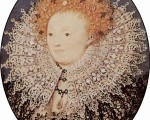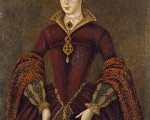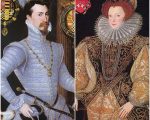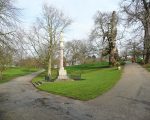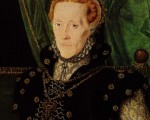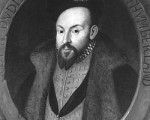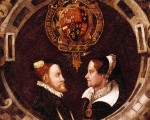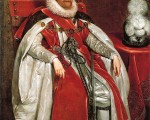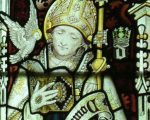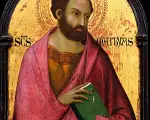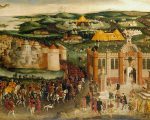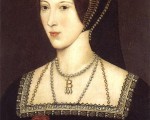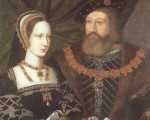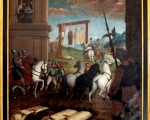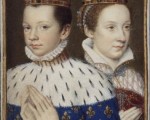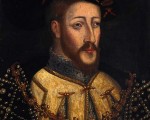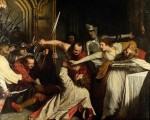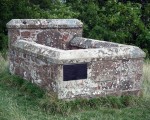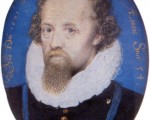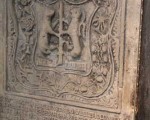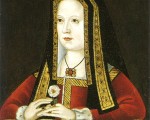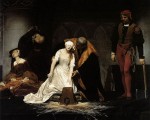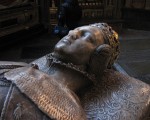
On this day in history events for 21-27th November.
21 November:
1495 – Birth of John Bale, churchman, Protestant playwright, historian and Bishop of Ossory, at Cove, near Dunwich, in Suffolk. Bale wrote twenty-four plays, including “Three Laws of Nature, Moses and Christ, corrupted by the Sodomytes, Pharisees and Papystes most wicked”, “A Tragedye; or enterlude manifesting the chief promyses of God unto Man”, “The Temptacyon of our Lorde”, “A brefe Comedy or Enterlude of Johan Baptystes preachynge in the Wyldernesse, etc” and “ Kynge Johan”. His most famous work is his Illustrium majoris Britanniae scriptorum, hoc est, Angliae, Cambriae, ac Scotiae Summarium… (“A Summary of the Famous Writers of Great Britain, that is, of England, Wales and Scotland”), which was his effort to record every work by a British author.
1558 – Death of James Bassett, courtier and stepson of Arthur Plantagenet, Viscount Lisle. Bassett was a member of Philip of Spain’s Privy Chamber and private Secretary to Mary I. He was buried at Blackfriars, London.

